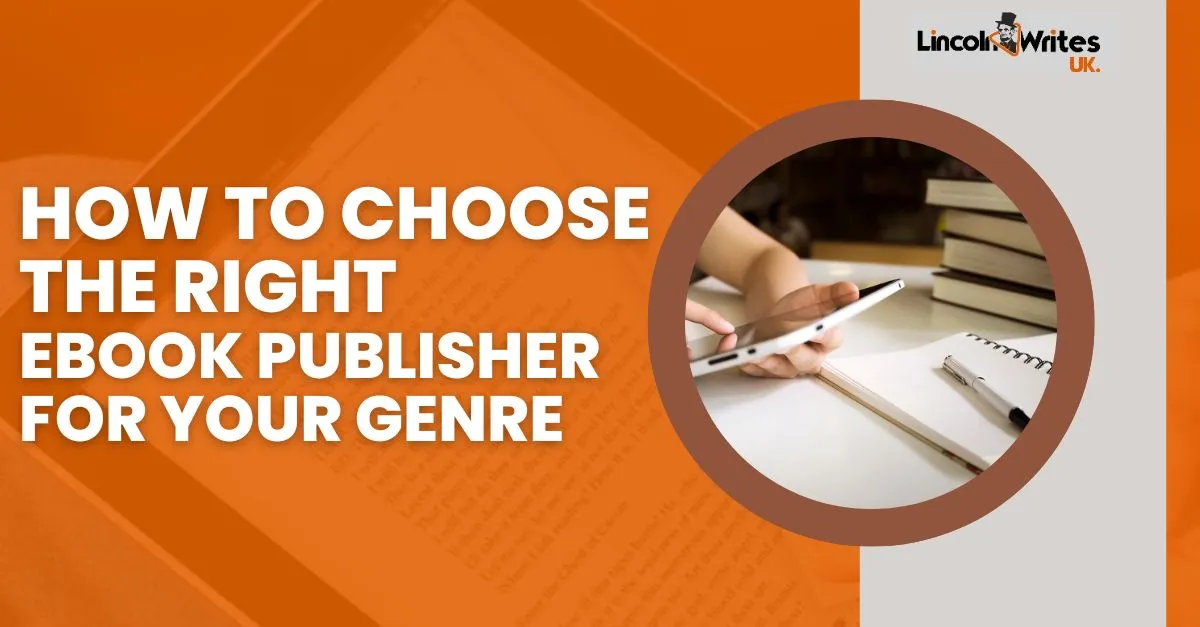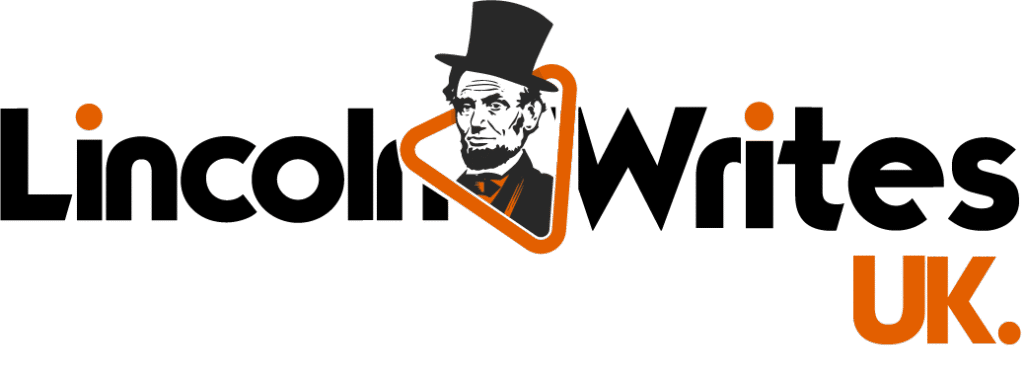You’ve written the book. Now comes the part many writers dread: publishing. But here’s the thing: how you publish is just as important as what you publish. Whether you’ve completed your manuscript solo, partnered with a ghostwriter under tight deadlines, or developed a life story through memoir ghostwriting, choosing the right publisher will shape your book’s success.
But with dozens of platforms, hybrid models, and publishing services available, how do you choose ebook publisher options that actually suit your genre, and don’t leave you disappointed?
This guide is here to help you decide. We’ll walk you through key factors to consider, genre alignment, distribution reach, and marketing support, and give you a real-world framework for selecting the right ebook publishers UK to bring your story to readers.
Why Genre Matters When Choosing a Publisher
Your book’s genre is more than a label. It determines:
- Which readers are looking for it
- Where it’s marketed
- How it’s distributed
- Which formats does it perform best in
A publisher that specialises in fast-paced thrillers might not be the best fit for a slow-burning literary memoir. Similarly, a poetry-heavy platform might not give a technical guide or business leader ghostwriting project the attention it deserves.
Matching your genre to the publisher’s strengths helps you tap into the right audience and avoid being buried under mismatched expectations.
Key Factors to Consider When Selecting an eBook Publisher
1. Genre Expertise and Catalogue Fit
Check the publisher’s recent releases. Do they:
- Regularly publish in your genre?
- Show consistent cover quality, blurbs, and branding?
- Understand reader expectations in your space?
For instance, if you’ve written a rich memoir, a publisher with a history in memoir ghostwriting or personal storytelling will know how to market it. If your book is more technical in nature, look for publishers who support ghostwriting legal aspects or niche nonfiction.
2. Distribution Reach
Make sure the publisher can distribute your book across key ebook distribution channels in the UK, such as:
- Amazon Kindle
- Apple Books
- Kobo
- Google Play
- Libraries (OverDrive, Bibliotheca)
- Niche or genre-specific platforms
The wider and more targeted the distribution, the better your reach.
3. Marketing Support
Ask the publisher what kind of ebook marketing support they offer. This could include:
- Launch campaigns
- Newsletter placements
- Retailer promotions
- Paid ad strategy
- Social media or influencer outreach
If you’ve written with a ghostwriter ROI mindset, wanting returns on your investment, you’ll need a team that can help your book get found.
And if you’re choosing between traditional vs ebook publishing, this is where the ebook model often shines: digital-first publishers tend to be more agile and open to targeted marketing for niche genres.
4. Royalties and Rights
It’s easy to get dazzled by promises. But always check:
- What royalty percentage do you receive
- Whether you retain full rights to your work
- If the publisher demands exclusivity
- The fine print around formatting, updates, and pricing control
Knowing when to hire a proofreader or lawyer to review contracts is smart, especially with hybrid models or first-time publishing experiences.
And beware of offers that sound too good to be true. Some authors fall victim to ebook publishing scams that disguise high costs and low returns behind polished pitches.
5. Flexibility in Publishing Process
Some publishers take full control; others are collaborative. Decide how much say you want in:
- Cover design
- Title
- Pricing
- Distribution choices
- Marketing tone
If you’re writing from a business or branding perspective, like business leader ghostwriting, you’ll want to keep messaging aligned with your overall platform.
Similarly, if your book is deeply personal or created under ghostwriting legal aspects, you’ll need confidentiality guarantees and control over what gets shared publicly.
Common Mistakes New Authors Make When Choosing a Publisher
- Choosing based on royalty percentage alone
- Ignoring genre compatibility
- Overlooking fine print in contracts
- Skipping proper proofreading in self-publishing
- Not using a contract review checklist or tools
- Rushing the decision due to excitement or anxiety
Tools and Checkpoints for Vetting a Publisher
Before you sign anything, make sure to:
- Review the publisher’s genre catalogue
- Request sample contracts
- Check author testimonials and external reviews
- Ask for examples of past launch strategies
- Use proofreading checklists to ensure your manuscript is ready to shine
- Rely on proofreading tools 2025 for that final polish
Don’t hesitate to ask tough questions. Legitimate publishers will welcome it.
Genre-Specific Considerations
Let’s break it down by a few common categories:
1. Memoir or Autobiography
Choose a publisher that understands narrative arcs, emotional pacing, and privacy, especially if the project involves memoir ghostwriting or themes of trauma, recovery, or family history.
2. Business or Nonfiction
Look for publishers offering data-driven marketing, platform alignment, and fast-to-market options. These often come from business leader ghostwriting setups.
3. Fiction (Genre)
If you’ve written fantasy, crime, romance, or historical fiction, check the publisher’s track record in your category. Do they have visibility in those genre markets? Do they understand tropes and expectations?
4. Children’s Books
Distribution and design matter here. Does the publisher provide access to platforms suited for younger readers or parents? Are the illustration rights clearly outlined?
5. Technical or Academic
Choose publishers who’ve handled ghostwriting legal aspects, industry-specific content, or educational distribution models.
How to Apply These Insights
Choosing a publisher isn’t about picking the biggest name. It’s about picking the right partner for your book.
Here’s your quick checklist:
- Do they publish in my genre?
- Do they offer transparent marketing support?
- Can they distribute widely (and effectively)?
- Do I retain my rights?
- Are they clear about royalties and timelines?
- Do I have creative input?
- Is my manuscript properly proofed and formatted?
And most importantly:
- Do I feel like I’m being treated as a partner, not a product?
Conclusion
Learning how to choose ebook publisher partners wisely can save you time, money, and a whole lot of frustration. The right publisher understands your genre, supports your goals, and respects your work, whether it’s a passion project, a business strategy, or a deeply personal journey.
At Lincoln Writes UK, we help authors find the right match. We’ve worked with everything from heart-wrenching memoir ghostwriting to high-impact business leader ghostwriting to sensitive ghostwriting legal aspects. If you’re stuck between multiple ebook publishers in the UK, unsure about marketing, or just want honest advice, we’re here for that.
You’ve already done the hard part, writing the book. Now let’s publish it with purpose.


